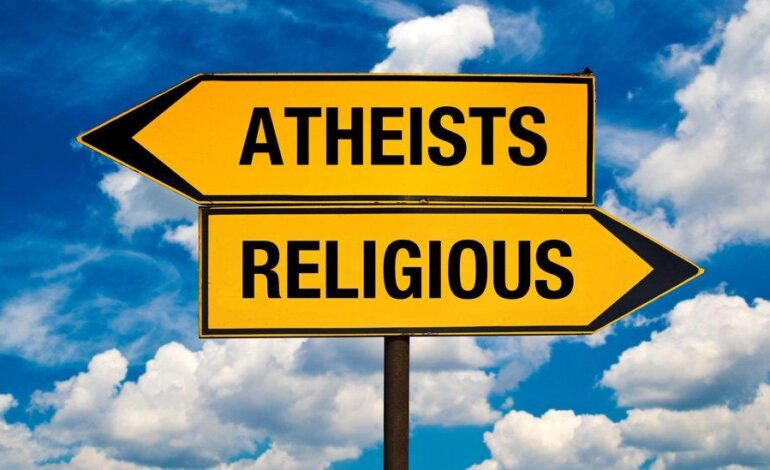Why Don’t More Americans Elect Atheists?

Despite making up a growing share of the electorate, atheists remain rare in the halls of American power. Surveys show large portions of voters still express reluctance to support an openly nonreligious candidate for high office, viewing religiosity as a shorthand for trustworthiness and morality.
Those who do win—often by avoiding the label “atheist” altogether—share stories of skepticism and subtle prejudice, from whispered rumors to exclusion from interfaith events. Several cities and states still officially ban nonbelievers from holding certain offices (though these laws are unenforceable).
Why the stigma? Faith is so intertwined with American identity that “none” can seem like an affront. Opinion is shifting, however: younger voters and urban areas are far more accepting, and secular advocacy groups now provide resources for open atheists entering politics.
The question isn’t if atheists will take their place in government, but how long the double standard can last.
